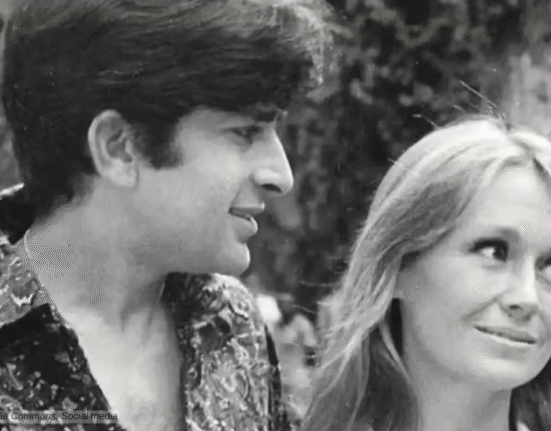Recognized as one of the greatest and most influential filmmakers of all time, Federico Fellini was an Italian filmmaker and screenwriter, celebrated for his groundbreaking contributions to world cinema. With a career spanning over five decades, Fellini crafted films that blurred the lines between reality and fantasy.
Happiness is simply a temporary condition that precedes unhappiness. Fortunately for us, it works the other way around as well. But it’s all a part of the carnival, isn’t it?
Federico Fellini
Early Life
Federico Fellini was born on January 20, 1920, in Rimini, Italy. He developed his distinctive style that blends fantasy and baroque images with earthiness. His craft made him one of the greatest and most influential filmmakers of all time. Fellini’s father, Urbano Fellini, was a travelling salesman, and his mother, Ida Barbiani, came from a bourgeois Catholic family. Fellini had two siblings, Riccardo and Maria Maddalena.
Federico Fellini—Cinematic Journey
Fellini’s career in the entertainment industry began as a scriptwriter for radio shows during World War II. He met director Roberto Rossellini in 1944 and contributed to the screenplay of Roma, città aperta (1945), which earned him his first Oscar nomination. Fellini quickly became one of Italy’s most successful screenwriters, collaborating with directors like Pietro Germi, Alberto Lattuada, and Luigi Comencini.
Fellini made his directorial debut with Variety Lights (1950), co-directed with Alberto Lattuada. His solo directorial debut came with The White Sheikh (1952). However, it was I Vitelloni (1953) that established him as a significant filmmaker. Fellini’s journey began in the neorealism movement of the 1940s, but it was his evolution into a maestro of surrealism that set him apart.


Federico Fellini—The Legend

Films like La Strada (1954), Nights of Cabiria (1957), La Dolce Vita (1960), 8½ (1963), Juliet of the Spirits (1965), Fellini Satyricon (1969), Roma (1972), Amarcord (1973), Fellini’s Casanova (1976), City of Women (1980), And the Ship Sails On (1983), Ginger and Fred (1986), and The Voice of the Moon (1990) showcased his innovative narrative techniques, captivating audiences with dreamlike sequences and vivid imagery.
Known for his eccentric characters and carnival-esque atmospheres, Fellini’s work explored the human condition with a blend of whimsy and profundity. His ability to infuse personal experiences into his storytelling created a cinematic language uniquely his own.
Receiving numerous accolades, including four Academy Awards for Best Foreign Language Film, Fellini’s impact on cinema endures. His influence extends far beyond Italy, making him a revered figure whose legacy continues to inspire filmmakers and enchant audiences worldwide.
Talking about dreams is like talking about movies, since the cinema uses the language of dreams; years can pass in a second, and you can hop from one place to another. It’s a language made of images. And in the real cinema, every object and every light means something, as in a dream.
Federico Fellini



Interesting Facts
- The term “paparazzi” comes from a character named Paparazzo in Fellini’s film “La Dolce Vita,” starring Marcello Mastroianni and Anita Ekberg.
- Fellini was a big fan of Stan Lee and Marvel Comics.
- His hometown, Rimini, named the Federico Fellini International Airport in his honor.
- Fellini’s films often featured his wife, Giulietta Masina, who was also his muse.
He was influenced by the work of Swiss psychiatrist Carl Jung and his ideas on the “anima” and the “animus.”
Federico Fellini passed away on October 31, 1993. His memorial service, in Studio 5 at Cinecittà, was attended by an estimated 70,000 people.
Federico Fellini on IMDB














Leave feedback about this